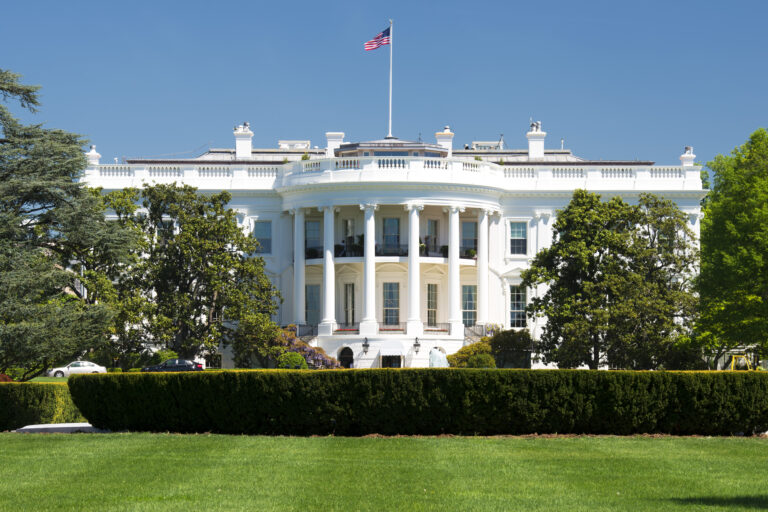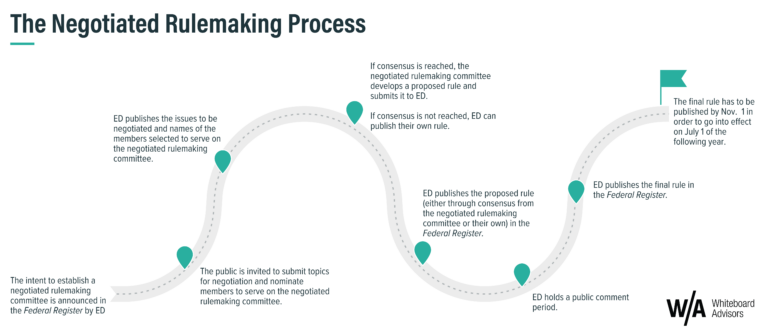As a growing body of research, increased consumer demand, and rising workforce relevance point to the value of short-term credentials, the question of how and whether the federal government might subsidize these programs has risen to policy prominence.
A brief history: Federal financial aid programs are, for the most part, not authorized to distribute Pell Grants or federal student loans to learners who seek short-term certificates or similar credentials.
While some exceptions exist, Pell Grants can be used at programs as short as 600 clock hours or 16 semester credit hours over a minimum of 15 weeks of instructional time, but generally, not for programs that run below these time horizons.
Where things stand: Congress is debating the merits of expanding the federal Pell Grant program to include short-term credentials, especially those programs that can help prepare learners to enter in-demand jobs.
To date, three very different bills geared toward expanding Pell into short-term programs have been introduced by members on both sides of the aisle.
- The JOBS Act, sponsored by Sens. Tim Kaine (D-VA) and Mike Braun (R-IN) would allow students to use Pell Grants to cover the cost of community or technical colleges that are as short as eight weeks.
- The PELL Act, introduced by House Education & Workforce Committee Chairwoman Virginia Foxx (R-NC) is the House Republican proposal to extend short-term Pell Grant eligibility to a myriad of institutions and providers, including for-profits.
- The Jobs to Compete Act, introduced by House Education Committee Ranking Member Bobby Scott (D-VA) would lower the threshold for programs to be eligible for short-term Pell to 150 clock hours, but restricts programs from being exclusively online.
Key considerations: Getting to “yes” on short term Pell hinges, in part, on the resolution of a handful of critical issues besides the cost, including whether or not for-profit institutions offering short-term programs or any online-only programs should be eligible. Congress is also debating the nature of quality assurance guardrails that should be in place for short-term programs to ensure that credentials provide a sufficient return on investment.
Playing the odds. Over the last week, we talked to a handful of Washington insiders with the goal of gauging the likelihood that this Congress will pass short-term Pell. Whiteboard Advisors’ Alison Griffin (a two-time policy advisor to Republican leaders of the House Committee on Education and the Workforce) and Noah Sudow (a former Democratic appointee, and Associate Vice Chancellor for the State of Ohio) share their take:
Alison’s Take
Although House staffers on both sides of the aisle have confirmed negotiations are ongoing, I do not see a path forward in the short-term, particularly when it comes to buy-in from staff counterparts in the Senate, and in the White House.
So will short-term Pell happen? Yes… eventually. Will President Biden sign a bill authorizing short-term Pell before the 2024 presidential election – not likely.
Consider these factors:
- We are again faced with the prospect of a government shutdown. Higher ed will rank low on the priority list for negotiators. And if it makes the cut, Biden’s debt forgiveness agenda and even implementation of Better FAFSA are way ahead of Short Term Pell on the priority list.
- Bipartisan Support for any issue – much less the expansion of a near $30 billion federal program – is hard to come by in an era of partisan posturing and bickering. And any costs related to expanding the Pell Grant program will have to be offset (or have a pay-for) with a Republican Congress, further extending the debate.
- Depending on how you count them (House in session, Senate in session, House and Senate in session), there are less than 50 legislative days left in the Congressional calendar this year.
- Every day closer to a Presidential election is one day further away from actually seeing bipartisan support for any legislative activity.
No matter the level of agreement that may be achieved in the next 50 days (over four months) or even 14 months before November 2024, an expansion of the Pell Grant program to short-term credentialing programs does not appear to rise to the level of key national priorities.
Noah’s Take
I’ve seen this movie before, and it always ends the same way. For the past several years, short-term Pell has continued to draw support from both sides of the aisle but has failed to cross the finish line. The optimism shared by many today isn’t new.
In 2020, there was a push to include short-term Pell in the economic stimulus packages in response to the Covid-19 pandemic. Then in 2021, short-term Pell provisions were included in the U.S. Innovation and Competition Act, only to be removed right before the legislation passed. Once more in 2022, there was hope short term Pell would be included in the CHIPS Act, but that didn’t happen. Is history bound to repeat itself or is this moment different?
One of the main reasons why short-term Pell has failed to move forward despite its broad consensus is there are still large gaps in the details around what sectors of institutions and programs should be able to access short-term Pell funds.
Congress will also need to work out the types of quality assurance guardrails for short-term programs (with even proponents pointing out the need for better ROI data as a part of this effort).
The second issue, and perhaps most divisive, is whether short-term programs at for-profit institutions and those delivered through online modalities should be included, or shut out. Just this week, Third Way, a center-left leaning think tank, published a memo arguing against short-term Pell eligibility for-profit institutions and fully online programs.
Common Ground
While we hope short-term Pell becomes a reality for millions of learners, history has suggested it will be difficult for both parties to reach an agreement. With conversations about the value of higher education taking center stage, and the need for talent to be prepared for high-need jobs in all regions of the country, maybe compromise will soon see the light of day.



